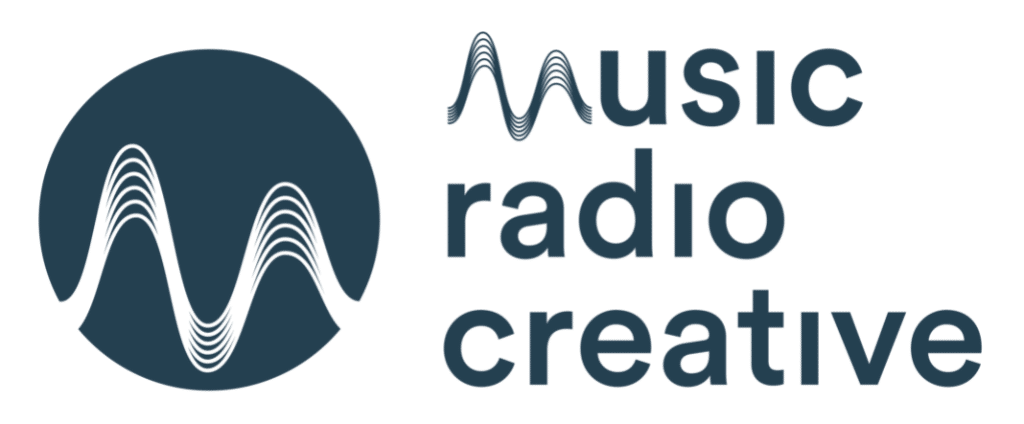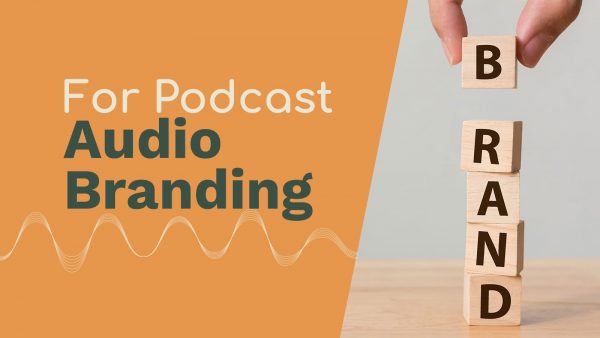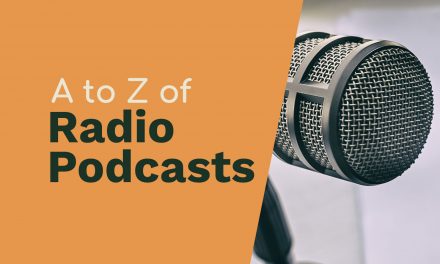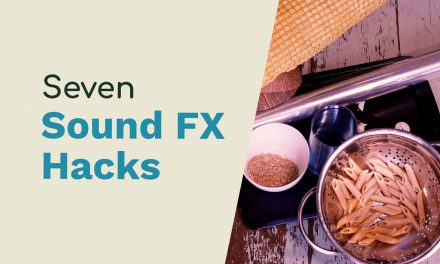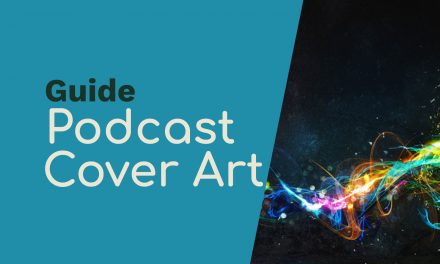Especially for a podcaster, audio branding is just as important as branding your concept, persona, and visuals. In fact, all of these elements should work hand-in-hand to present a consistent experience to your audience.
Whether you created a podcast to support your business or it is your business, having a well-defined sound not only enhances your listeners’ experience, it makes you recognizable in very much the same way as your visual brand.
Audio branding blends your style and tone into music and voiceover. At the minimum you want to have an intro and perhaps an outro for your podcast, as well as segment intros. You can also incorporate your audio brand into promotional pieces to entice potential listeners with a taste of your brand
And then there’s sonic branding …
Sonic Branding
While some may think sonic branding and audio branding are interchangeable, sonic branding more like a subset. It’s a deeper level of brain conditioning.
Sonic branding is a short combination of notes (usually two or three) that enables a listener – or consumer – to recognize your business, organization, or podcast. For instance, each unique sound notification on your mobile phone is for a different purpose; each has its own sonic brand. Sonic branding is a form of subliminal advertising; that’s the practice of using images and sounds to influence consumers’ responses without their being aware of it. It’s very effective.
Your Podcast Brand
Before getting into branding your sound, it’s important to be clear about your podcast brand. These are the certain colors, images, and style that defines who you are and what you stand for.
Your podcast brand – which should also reflect your mission –incorporates in the following:
- Company Name
- Show Name
- Logo
- Colors
- Font
These branding elements should be consistently displayed in a variety of places:
- Website and/or blog
- Social media channels
- Cover art
- Descriptions
Your also branding shows your style. Is your podcast fun? Serious? Educational? Entertaining? Artsy? Modern? Traditional? Than your branding should be too.

Choosing Your Music
Your audio branding should match your visual and conceptual brand. That means you need to start by determining what kind of music fits … and then finding it.
What makes sense for your podcast?
- Fast or slow music?
- Low tones (base) or high (treble) tones?
- Modern or classical?
- Single, a few, or many instruments?
- Is there a specific music genre?
Have an idea of what you want, before you listen to samples, so you can narrow down your musical style.
Search royalty free or inexpensive music at:
- Audio Blocks
- The Music Bakery
- And more
Select a few options and see how they work with your script.
Audio Scripts
Your podcast intro script can be extremely basic.
Be sure to include:
- Welcome
- Podcast name
- Tagline/concept/niche
The podcast outro also can be simple. The only difference is you will want to include a call to action at the end to let listeners know where they can learn more about the podcast, as well as where and to subscribe and join your social media community/
For instance:
- Thanks for joining
- Podcast name
- For more information
- Be sure to subscribe/follow/contact us …
Note: If you have a regular sponsor, you may want to add that company name to the intro and outro. If your sponsors change each week, then you’ll want to save the mentions for your actual podcast recording.
Some show have multiple segments. In these cases you may want transition scripts.
- “Now it’s time for the [Segment Title]”
A promotional script for audio content to use on other social media platforms or for podcast advertising may also be necessary.
- “Join us for the ____ podcast, where we talk about ____. Learn more ________, and don’t forget to subscribe.”
Another option is to write a jingle. A short, catchy bit that fits with your podcast brand, highlights your personality, and shares what makes your podcast unique.
Whatever text you use should be authentic and reflect the tone of your podcast. For instance, a casual podcast should have a script with a light, fun tone.

Voiceovers
You can record the voiceover to integrate with the music yourself. Otherwise, use a professional service such choosing one of the 150+ voices we have here at Music Radio Creative.
The main reason to use a voice artist include would be to create a more professional podcast. When you are deciding on a voice artist, consider the following character traits and how they fit with the rest of your brand:
- Age – young or old? What makes the most sense?
- Accent – yes or no?
- Speed – fast or slow reader?
- Gender
If in doubt – contact our friendly audio specialist team – we can always lend you advice on what would work best.
Putting the Pieces Together
The audio branding plan is simple.
- Choose the audio
- Write the content
- Record or outsource the voiceover
- Edit them together
After you have your branded audio pieces, use them consistently within your podcast, as well as for promoting it.
Plus
Beyond your pre-recorded piece, there are a few other ways to use sound branding in and to promote your podcast.
For branding consistency also use the same bits of audio from your podcast in in promotional pieces and videos. This is not limited to your blended intros and outros. For audio branding, you can also use any kids of sounds:
- Sound effects
- Music
- Voice only
The same way a logo is representative of a business, you want anyone who hears any section of your podcast to be able to recognize it immediately. Sound is effective. Let your audience use their multiple senses to embrace and recognize your podcast and brand.
What do you think? What are your tips for audio branding? Please share in the comments.
